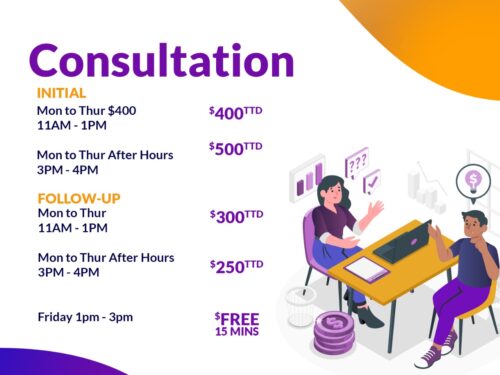You’ve reviewed your spending and created a budget, and now you know exactly how much you spend on your home, your car, and how much you divert to your retirement accounts. That’s all good, but what about your other savings, such as for an emergency? How does your financial allocation compare to the amount you should ideally spend and save?
Harvard bankruptcy expert Elizabeth Warren—U.S. Senator from Massachusetts and named by Time magazine as one of the 100 Most Influential People in the World—coined the “50/30/20 rule” for spending and saving with her daughter, Amelia Warren Tyagi. They co-authored a book in 2005: “All Your Worth: The Ultimate Lifetime Money Plan.”
So how does the 50/30/20 plan work? Here’s how Warren and Tyagi recommend you organise your budget.
Calculate Your After-Tax Income
Your after-tax income is what remains of your paycheck after taxes are taken out, PAYE, Health Surcharge and NIS. If you’re an employee, your after-tax income should be easy to figure out. Look at your paystubs. If medical and pension plans or any other deductions are taken out of your paycheck, add them back in.
If you’re self-employed, your after-tax income equals your gross income less your business expenses, include non-regular costs such as the insurance or airfare to conferences. Remember you’re responsible for remitting your own quarterly estimated tax payments to the government because you don’t have an employer to take care of it for you.
Limit Your Needs to 50 Percent of Your After-Tax Income
Now go back to your budget. How much do you spend on “needs” each month, things like groceries, housing, utilities, health insurance, car payment, and car insurance? The amount that you spend on these things should total no more than 50 percent of your after-tax pay.
Of course, now you must differentiate between which expenses are “needs” and which are “wants.” Basically, any payment that you can forgo with only minor inconveniences such as your cable bill or back-to-school clothing is a want. Any payment that would severely impact your quality of life, such as electricity and prescription medicines, is a need.
If you can’t forgo a payment such as a minimum payment on a credit card, it can be considered a “need”. Why? Because your credit may be negatively compromised if you don’t pay the minimum. By the same token, if the minimum payment required is $300 and you regularly pay $500 a month to keep a manageable balance, that additional $200 isn’t a need.
More on the 30 & 20% next week…
Be sure to join our Facebook, Instagram, Tiktok and our Website for more valuable information. Ask about our Business Startup Kit, Retainer Package, Year End Retainer Package , Business Bank Account or learn how manage your finance with our Prerecorded and Live Courses. Book a FREE 15 mins CONSULTATION on Fridays from 1pm to 3 pm.
“A wealthy person is simply someone who has learned how to make money when they’re not working.” – Robert Kiyosaki








